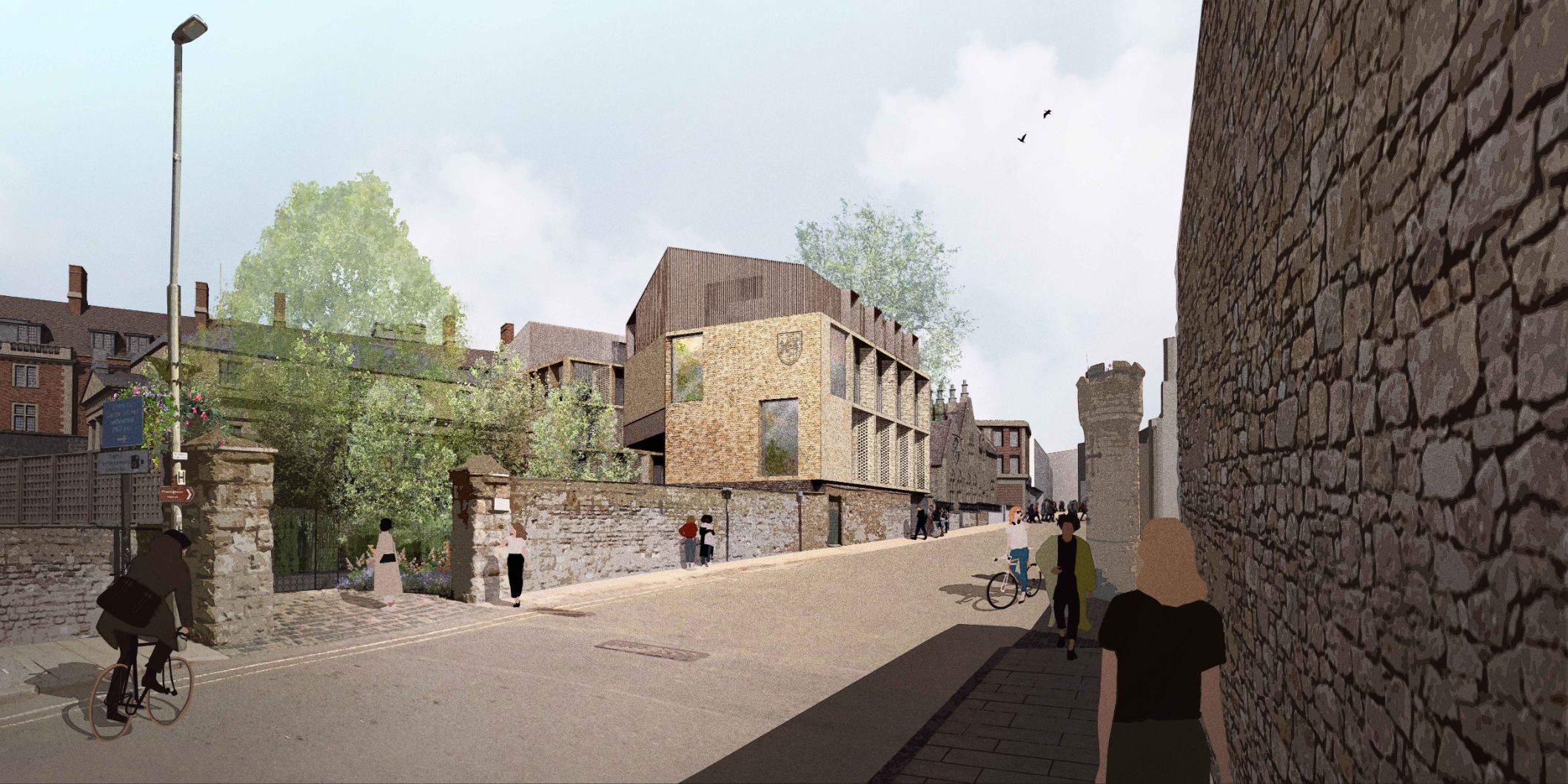University of Oxford’s St Peter’s College Passivhaus leisure centre project worth £11m is to be built by Willmott Dixon as a followup to its tender from Spelthorne Borough Council. It will offer student accommodation at a low-energy standard. The St Peter’s College Passivhaus leisure centre project consists of creating two buildings with four storeys each able to provide 54 bedrooms for the students.
To reach the Passivhaus LEB standard, the setting will follow a ‘fabric first’ start to achieve extremely low energy consumption with a high occupant comfort, a better relaxed target for space heating and airtightness, giving greater flexibility to the model of the structure.
Willmott Dixon’s Central South region managing director Richard Poulter commented that following the UN’s report on climate change, and with COP26 looming, they are planning to work with St Peter’s College to supply a coffee carbon student hostel which will be a template for future projects.
Read also: 23 storey The Meridian in Sheffield, UK set to go on.
Passivhaus experts.
Using the extensive Passivhaus expertise, it’ll be in sticking with the college’s philosophy of ‘honouring the past, building for the future’, making a tremendous place for students to live in one of the UK’s most sustainable residences as they learn at the prestigious school. The St Peter’s College Passivhaus leisure centre project is the latest from the extensive passivhaus knowledge exparts Willmott Dixon. With the Spelthorne tender award earlier this month, Willmott Dixon also constructed the award-winning £38m Harris Academy Sutton which is the UK’s largest Passivhaus accredited secondary school.
The company also built Hackbridge Primary School, the UK’s first Passivhaus ‘Plus’ learning facility consuming only 75% of the 100% renewable energy it generates and selling the remainder back to the grid. Willmott Dixon to deliver brilliant buildings, transform lives, strengthen communities and enhance the environment so our world is fit for future generations. Over the past 168 years their values remains the same; to strengthen society’s well-being and enhance life chances

Leave a Reply